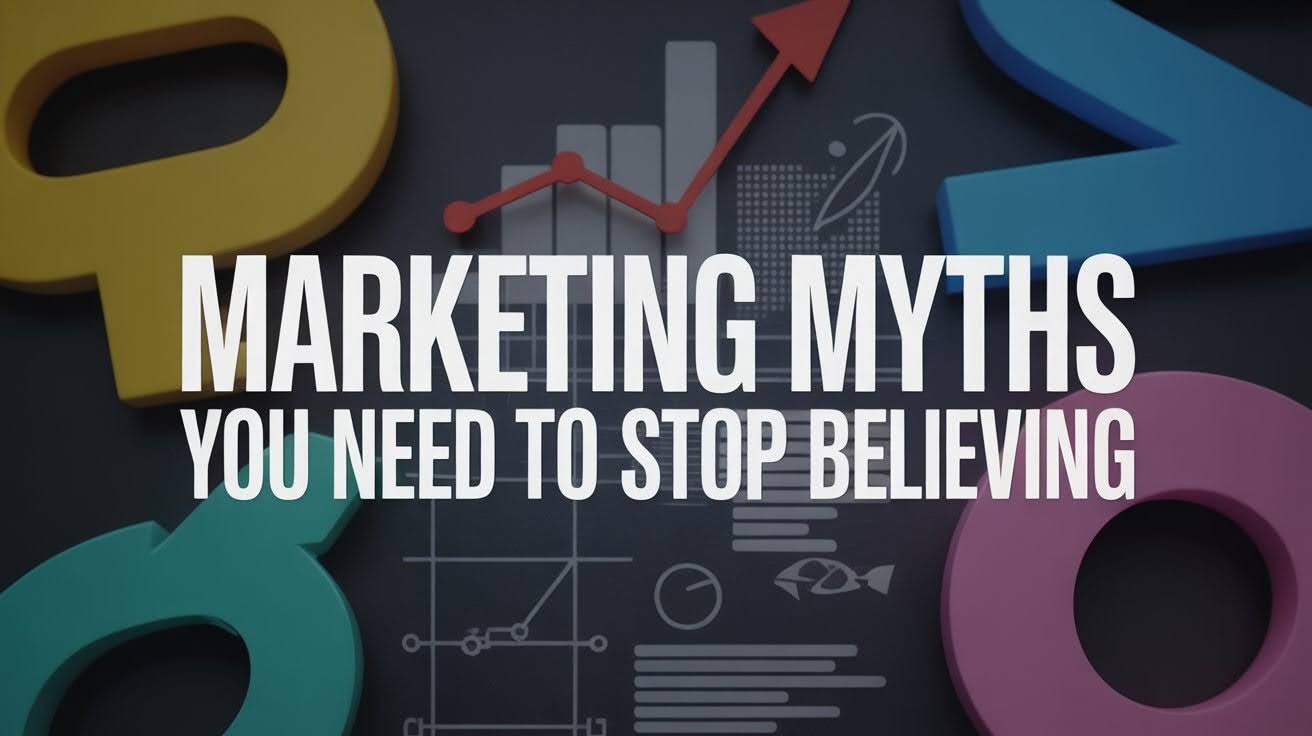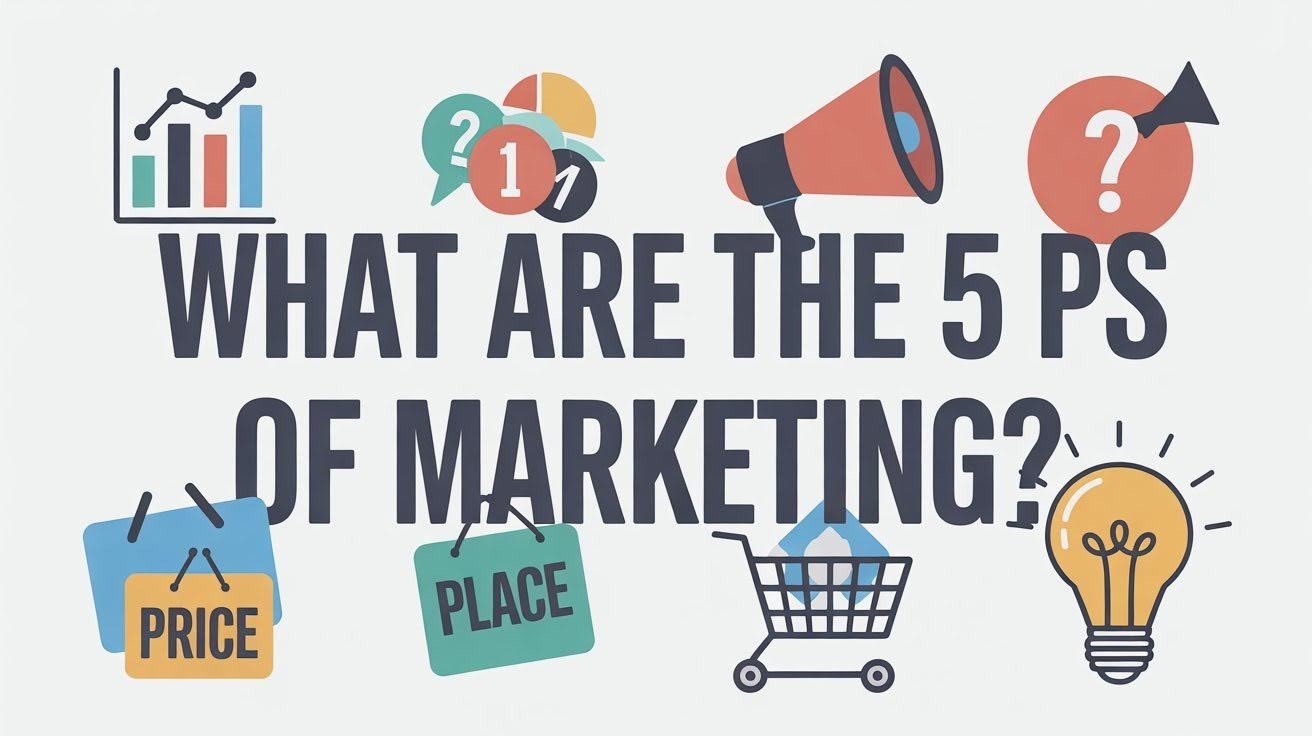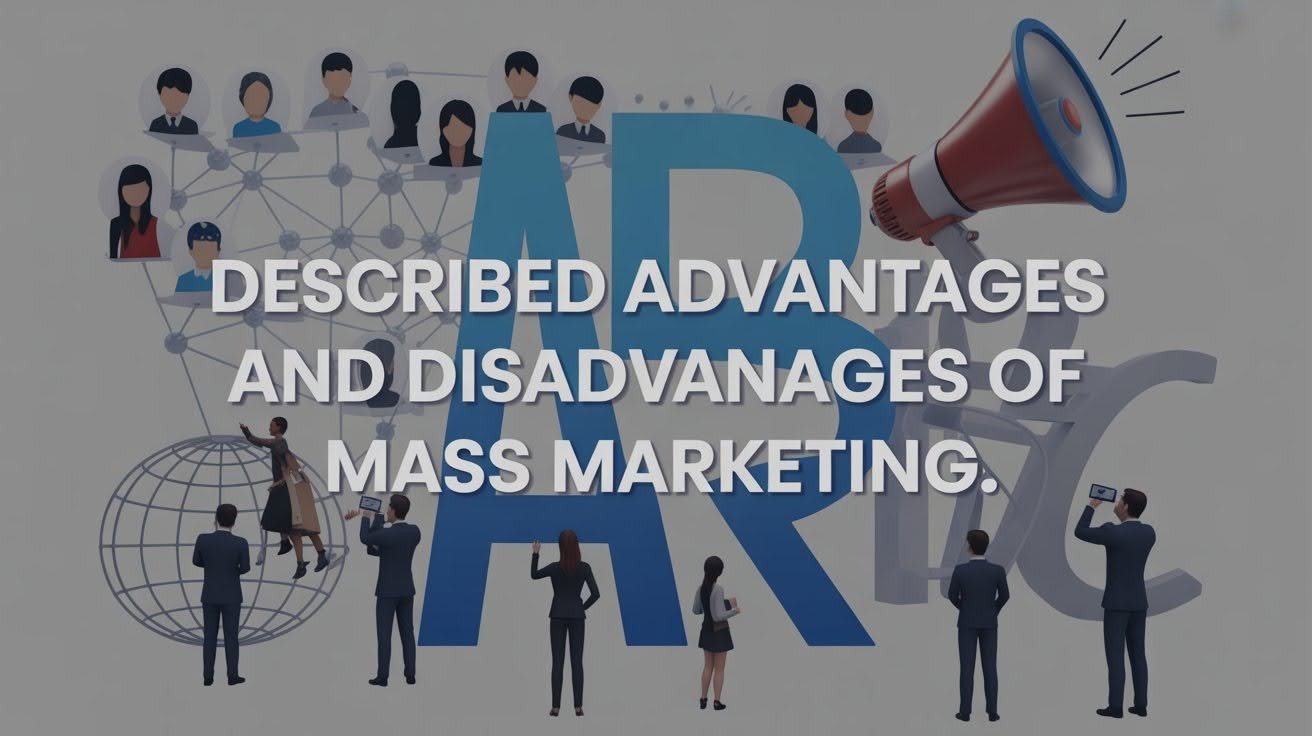Starting a business today is unlike how it was five years ago. The rules keep changing. Technology moves fast. Customer expectations shift constantly.
Such changes count if you own a business or want to start one. Future success is not sure because of present success.
Organizations like the Global Entrepreneurship Monitor track these shifts. They study thousands of businesses all over the world so they can spot patterns.
This guide covers the biggest of entrepreneurship’s trends in the year of 2025. At present, you’ll learn about what is working.
You will also get to learn about adaptation strategies that other business owners use. Let’s examine what is changing. This matters for you and the reason.
Why Understanding Entrepreneurship Trends Matters

Knowing current trends helps you spot opportunities before others do. When you see where markets are heading, you can fill gaps that customers need filled.
These patterns matter for everyone. Founders build better products. Investors find promising areas to fund. Policymakers create helpful rules.
Trends also show what’s coming next. You can prepare for changes instead of reacting to them. Businesses that pay attention to these shifts adapt quickly and stay relevant.
How These Trends Will Continue and Their Impact

Entrepreneurship trends in 2025 will keep shifting as technology, sustainability, and inclusivity reshape business.
AI and automation will streamline operations while remote work redefines teams. Sustainable practices will become standard expectations.
Diverse leadership and social entrepreneurship will fuel innovation and trust.
Expanding funding models like crowdfunding will give more founders access to capital, driving faster growth and smarter, more responsible entrepreneurship.
List of 31 Key Trends in Entrepreneurship
The business world is changing fast. Here are the key trends that are shaping how companies operate and grow in 2025.
Demographic & Social Trends

- Rise of Young Entrepreneurs: More people aged 18 to 24 are starting businesses. They prioritize sustainability and social impact. Young founders want to build companies that make money while solving environmental and social problems.
- Growth of Women Entrepreneurs: The gender gap in business ownership is shrinking. Women are entering tech and other industries that were male-dominated. More funding and support networks help female founders succeed in their ventures.
- Minority Entrepreneurs on the Rise: Black and Hispanic founders show strong confidence and resilience. They have lower fear of failure than before. These entrepreneurs create businesses that serve their communities while building wealth and opportunities.
- Diversity and Inclusion Focus: Startups prioritize fair hiring and diverse leadership teams. Companies with inclusive practices reach broader markets and build better workplace cultures. Diverse teams bring different perspectives that improve decision-making and innovation.
- Social Entrepreneurship: These businesses aim to solve real societal problems. Founders measure success by social impact alongside profits. They tackle issues like poverty, education, and healthcare while building sustainable business models that create lasting change.
Technology & Digital Trends

- Tech Adoption and Digital Transformation: Business owners use AI, cloud services, and digital tools to compete. Technology makes operations faster and cheaper. Even small companies can now access powerful software that was once only available to large corporations.
- AI and Automation Integration: Companies use artificial intelligence to handle repetitive tasks. AI improves customer service through chatbots and personalized responses. Automation frees up time for owners to focus on strategy, creativity, and building relationships with customers.
- Mobile App Development: Demand for mobile apps keeps growing in health, productivity, and entertainment. Smartphones are how most people access services now. Developers create apps that solve specific problems and make daily tasks easier for users.
- Blockchain and Web3 Integration: Entrepreneurs build businesses using blockchain technology. NFTs, cryptocurrency, and decentralized platforms create new ways to trade and own digital assets. This technology promises more transparency and removes middlemen from transactions.
- Data-Driven Decision Making: Business owners use analytics to guide their choices. Data shows what customers want and how products perform. Companies that track and analyze information make smarter decisions about marketing, inventory, and growth strategies.
- Digital Marketing and Influencer Entrepreneurship: Creators turn social media followings into businesses. They partner with brands, sell products, and offer services. Content creators make money through sponsorships, affiliate marketing, and building engaged communities around their personal brands.
- Mobile-First Ventures: New businesses design everything for smartphones first. Apps and mobile-optimized websites are priorities. Since most people browse and shop on phones, companies must deliver smooth mobile experiences to attract and keep customers.
- Remote and Hybrid Work Solutions: Companies need tools for teams working from different locations. Businesses sell software, services, and platforms that help remote workers collaborate. This trend creates opportunities in communication tools, project management, and virtual team building.
Business Models & Operational Trends
- Online Businesses and E-Commerce Growth: Entrepreneurs sell products through dropshipping, online courses, and reselling. E-commerce requires lower startup costs than physical stores. People can reach global customers without needing expensive retail space or large inventories.
- Freelancing and Gig Economy Entrepreneurship: Independent contractors offer services like virtual assistance, content creation, and consulting. Workers control their schedules and choose their clients. The gig economy gives people flexibility while building skills and reputation in their fields.
- Subscription-Based Models: Companies charge recurring fees for products and services. Monthly subscriptions create predictable revenue streams. Customers get ongoing value, while businesses build stable cash flow that helps with planning and growth.
- Niche and Microbusinesses: Small startups focus on specific markets with unique needs. Serving a niche lets businesses become experts and charge premium prices. These focused companies compete by offering specialized solutions that larger competitors overlook.
- Home-Based Businesses: People run services like bookkeeping, tutoring, and consulting from home. Low overhead costs mean higher profits. Technology makes it easy to serve clients remotely while avoiding rent and commuting expenses.
- Crowdfunding and Alternative Financing: Platforms like Kickstarter help founders raise money from supporters. Crowdfunding tests product ideas before full production. Entrepreneurs avoid traditional loans by connecting directly with people who believe in their vision and want to help.
- High Adaptability and Resilience: Successful entrepreneurs quickly adjust to market changes and economic shifts. They pivot when strategies fail and learn from setbacks. Resilience helps founders survive uncertain times and find opportunities when conditions change rapidly.
Industry-Specific & Opportunity Trends

- Sustainability as a Core Business Value: Companies prioritize eco-friendly practices in their operations. Customers increasingly choose brands that care about the environment. Sustainable businesses reduce waste, use renewable resources, and build loyalty with conscious consumers.
- Global South Leading on Sustainability: Entrepreneurs in low-income countries show high motivation for social change. They create businesses addressing local environmental and social challenges. These founders innovate with limited resources while making meaningful impacts in their communities.
- Health and Wellness Ventures: Businesses offer home care services, personal training, and fitness apps. People prioritize physical and mental health more than before. This trend creates opportunities for coaches, therapists, nutritionists, and wellness product creators.
- Health-Tech Innovation: Telemedicine, wellness apps, and wearable devices change how people manage health. Technology makes healthcare more accessible and affordable. Startups create tools that track fitness, diagnose conditions, and connect patients with doctors remotely.
- Food and Beverage Startups: Entrepreneurs launch food trucks, catering services, plant-based products, and meal kits. People want convenient, healthy, and diverse food options. Low barriers to entry let passionate cooks turn recipes into profitable businesses.
- Personalized Learning and EdTech: Online teaching platforms, tutoring services, and skills courses grow rapidly. Technology makes education accessible to anyone with internet access. Entrepreneurs create courses, apps, and tools that help people learn at their own pace.
- Professional Services Entrepreneurship: Independent professionals offer consulting, resume writing, translation, and coaching services. Businesses and individuals need expert guidance for specific tasks. Service providers build reputations and charge competitive rates without overhead costs.
- Creative and Digital Arts Businesses: Photographers, videographers, graphic designers, and content creators monetize their skills. Digital tools make production easier and more affordable. Creatives find clients through social media and online portfolios while working on projects they enjoy.
- Experience-Based Businesses: Travel companies, event planners, and entertainment startups create memorable moments. People value experiences over material possessions. Entrepreneurs design unique activities, tours, and events that bring joy and create lasting memories for customers.
- Personalized Customer Experiences: Businesses use data to customize products and services for individual customers. Personalization increases satisfaction and loyalty. Companies track preferences and behavior to recommend products, adjust messaging, and create experiences that feel tailored.
- Green and Eco-Friendly Startups: Companies focus on renewable energy, sustainable packaging, and circular economy models. Entrepreneurs create alternatives to wasteful practices. These businesses appeal to environmentally conscious consumers while contributing to a healthier planet for future generations.
Implications of These Trends for Entrepreneurs
These trends create real opportunities for smart business owners. Here’s what they mean:
- You can use these patterns to find gaps in the market and build solutions people actually need.
- Investors can spot promising areas to fund and support.
- Mentors can guide founders toward industries with strong growth potential.
- Consumer habits keep changing alongside technology improvements.
- Preparing for these shifts means staying informed and flexible.
- Businesses that adapt quickly will capture market share while others fall behind.
Conclusion
Entrepreneurship in the year 2025 differs some from before now. It’s driven more by purpose, technology, along with diversity. Lower exist the barriers to entry, and bigger stand the opportunities.
Now is the time to build up a business that is profitable. If that is so, you can make such an impact. These trends show the market’s direction. Your roadmap uses them.
Begin gradually if required. Test your ideas. Gain knowledge from defeats and from triumphs. Perfect plans do not belong to any of the most successful founders.
The ones who are taking some action adapt just as they go along.
Your business idea matters. Make it happen.
Frequently Asked Questions
What are the biggest trends in entrepreneurship for 2025?
AI integration, sustainability focus, and remote work solutions lead the way. Young entrepreneurs and diverse founders are changing business with fresh, inclusive approaches.
How can I start a business with limited funding?
Consider home-based services, freelancing, or online businesses. Crowdfunding platforms and alternative financing help founders raise money without needing traditional bank loans.
Why is sustainability important for new businesses?
Customers choose brands that care about environmental impact. Building eco-friendly practices from the start attracts loyal customers and helps you stand out.
What industries offer the best opportunities right now?
Health tech, EdTech, e-commerce, and professional services show strong growth. Food startups and creative digital businesses also provide good opportunities for motivated founders.
Do I need technical skills to start a tech business?
Not necessarily. Many founders partner with technical co-founders or hire developers. Focus on understanding your market while building a team that fills skill gaps.









